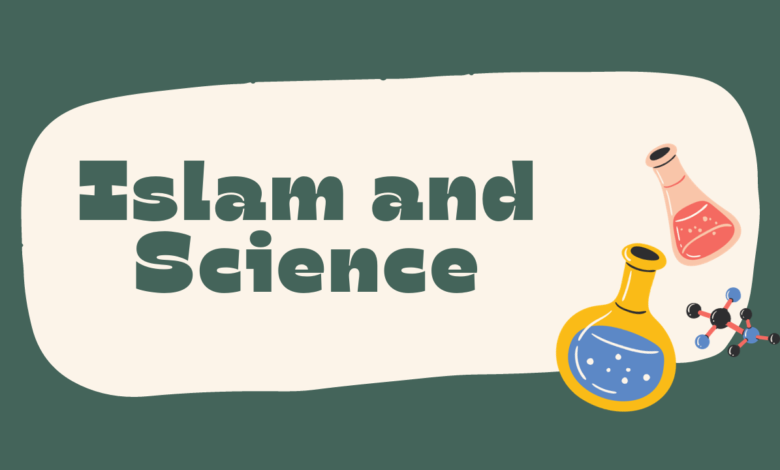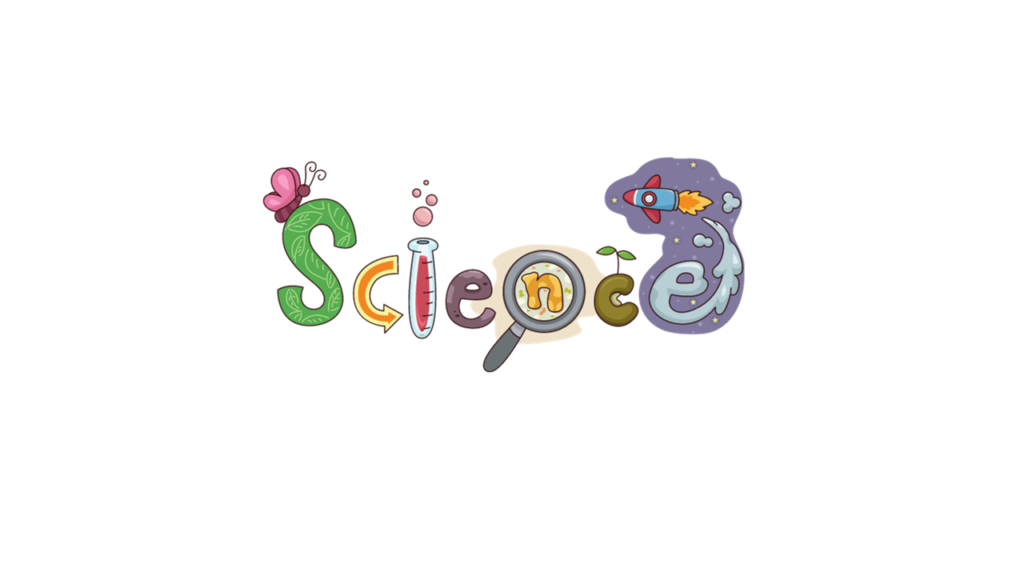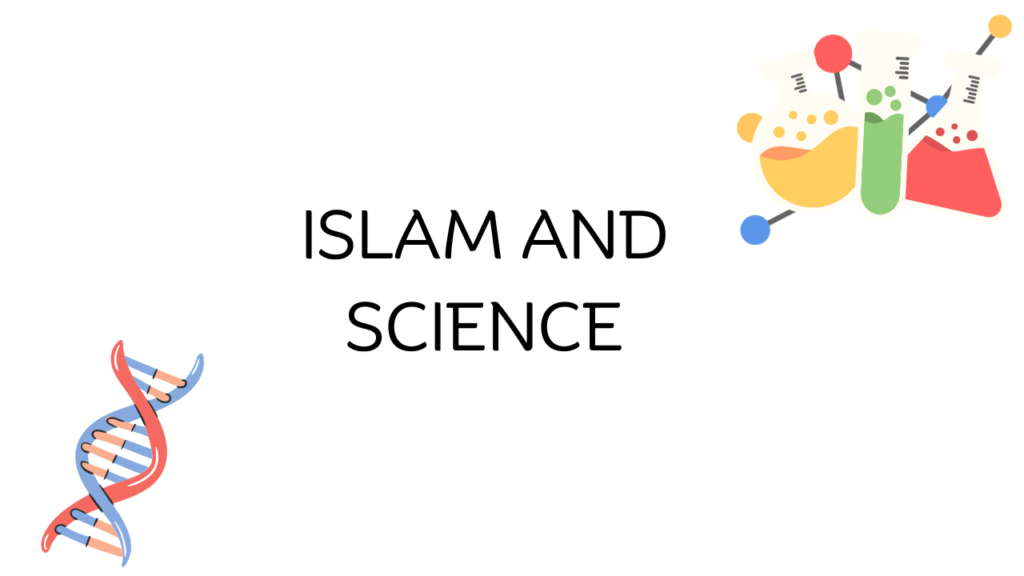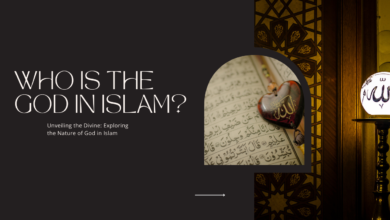Islam and Science: Exploring the Intersection
Navigating the Nexus: Islam and Science through the Ages

Islam and Science: Exploring the Intersection
The relationship between Islam and science is complex and multifaceted. While there is no inherent conflict between the two, Islamic civilization has a rich history of scientific contributions, and many Muslims believe that science and faith can complement each other.

Introduction
The relationship between religion and science has been a subject of profound discussion and debate for centuries. In the context of Islam, the intersection of religion and science has a rich and intricate history that continues to influence contemporary perspectives on both fields. While some argue that there is an inherent conflict between faith and reason, many Islamic scholars and scientists have demonstrated that the two can coexist harmoniously, enriching our understanding of the natural world. In this article, we will explore the dynamic relationship between Islam and science, highlighting key historical figures, principles, and contemporary developments.
Historical Perspective
- The Golden Age of Islam: The 8th to the 13th centuries are often referred to as the Golden Age of Islam. During this period, Islamic civilization was at the forefront of scientific advancements. Scholars in the Islamic world made significant contributions to various scientific fields, including mathematics, astronomy, medicine, and optics. Prominent figures like Al-Kindi, Al-Razi, Ibn Sina (Avicenna), and Ibn al-Haytham played pivotal roles in shaping the foundations of modern science.
- Preservation of Knowledge: One of the key aspects of Islamic science during this era was the translation and preservation of classical Greek, Roman, Indian, and Persian texts. Islamic scholars translated and built upon the works of Aristotle, Euclid, Ptolemy, and others, leading to the transmission of knowledge from ancient civilizations to Europe during the Renaissance.
- Compatibility of Faith and Reason: Islamic scholars of the Golden Age emphasized the compatibility of faith and reason (i.e., science and religion). They believed that studying the natural world was a means of understanding the Creator’s wisdom. This perspective influenced the development of Islamic science and fostered an environment where scientific inquiry was encouraged.
Also Check
- The Role of Faith in Christian Belief
- All Souls’ Day: A Day of Reflection for Muslims
- The Role of Prayer in a Muslim’s Life
- When I think of Christmas?
- Is Music Forbidden In Islam?
Key Principles
- Tawhid (Monotheism): Central to Islam is the concept of Tawhid, the belief in the oneness of God. Many Islamic scientists have seen the pursuit of knowledge and scientific inquiry as a way to better understand the signs of God’s creation. The natural world, in this view, is a manifestation of God’s wisdom and order.
- Ijma (Consensus) and Qiyas (Analogy): Islamic jurisprudence, guided by principles like Ijma (consensus among scholars) and Qiyas (analogy), encourages the use of reason and analogical reasoning. These principles have provided a framework for the development of Islamic ethical and legal thought in harmony with scientific discoveries.
Contemporary Developments
- Islamic Scientific Institutions: In the modern era, there has been a resurgence of interest in Islamic science. Many Islamic countries have established institutions to promote research and development in various scientific fields. The King Abdullah University of Science and Technology (KAUST) in Saudi Arabia and the Qatar Foundation’s initiatives are examples of such endeavors.
- Ethical Considerations: Islamic scholars are actively engaged in discussions regarding the ethical implications of scientific advancements, particularly in fields like genetics, bioethics, and artificial intelligence. They seek to ensure that scientific progress aligns with Islamic ethical principles.
- Interfaith Dialogue: Interfaith dialogue between scientists and religious scholars from various backgrounds, including Islam, is on the rise. These discussions foster mutual understanding and encourage cooperation in addressing global challenges.
Conclusion
The intersection of Islam and science is a complex and evolving relationship that has its roots in a rich historical legacy. Islam has, at various times in its history, been a source of inspiration and encouragement for scientific inquiry. It has also provided a moral and ethical framework for addressing the implications of scientific discoveries. Today, as science continues to advance, the principles of Islam and the pursuit of scientific knowledge can coexist harmoniously, contributing to our collective understanding of the universe and our place within it. This intersection is a testament to the dynamic nature of both faith and reason in the human experience.

FAQs about Islam and Science: Exploring the Intersection
What is the relationship between Islam and science?
The relationship between Islam and science is complex and multifaceted. While there is no inherent conflict between the two, Islamic civilization has a rich history of scientific contributions, and many Muslims believe that science and faith can complement each other.
Did Islam contribute to the development of science?
Yes, Islamic scholars made significant contributions to various fields of science during the Golden Age of Islam (8th to 13th centuries). They preserved and expanded upon the knowledge of ancient civilizations and made breakthroughs in astronomy, mathematics, medicine, and more.
Are there any conflicts between Islamic beliefs and scientific discoveries?
There can be perceived conflicts between certain interpretations of Islamic texts and specific scientific discoveries. However, many scholars argue that these conflicts arise from a misunderstanding of either religious or scientific concepts and can often be resolved through nuanced interpretations.
How does Islam view the creation of the universe?
Islamic beliefs about the creation of the universe vary, but many Muslims believe that Allah (God) is the Creator of the universe and everything within it. The Quran contains verses that are often interpreted as reflecting the natural order and the process of creation.
Is the theory of evolution compatible with Islam?
The compatibility of evolution with Islam varies among Muslim scholars and communities. Some believe that evolution is consistent with Islamic teachings, while others may hold more traditional views. There is ongoing dialogue within the Muslim world about this topic.
What role does education play in the intersection of Islam and science?
Education is vital in bridging the gap between Islam and science. Many Muslim-majority countries have made efforts to promote scientific education, and there are Islamic universities and institutions dedicated to the study of science and its integration with Islamic principles.
How do Muslims view ethical considerations in science and technology?
Islamic ethics play a significant role in guiding scientific and technological advancements. Muslims often emphasize the ethical use of science and technology for the betterment of society, while avoiding harm to humanity and the environment.
Are there Muslim scientists and scholars who have made significant contributions to modern science?
Yes, there are numerous Muslim scientists and scholars who have made important contributions to modern science. Some well-known figures include Ibn Sina (Avicenna), Ibn al-Haytham, and Abdus Salam, among others.
How does Islamic jurisprudence (Fiqh) relate to scientific advancements?
Islamic jurisprudence can adapt to incorporate new scientific discoveries. Scholars often engage in the process of “Ijtihad” (independent reasoning) to issue fatwas (legal opinions) that align with modern scientific knowledge and technology.
Are there initiatives to promote dialogue between Islam and science?
Yes, there are initiatives and organizations dedicated to promoting dialogue and understanding between Islamic scholars and the scientific community. These efforts aim to explore the intersections and common ground between Islam and science while addressing potential conflicts.






